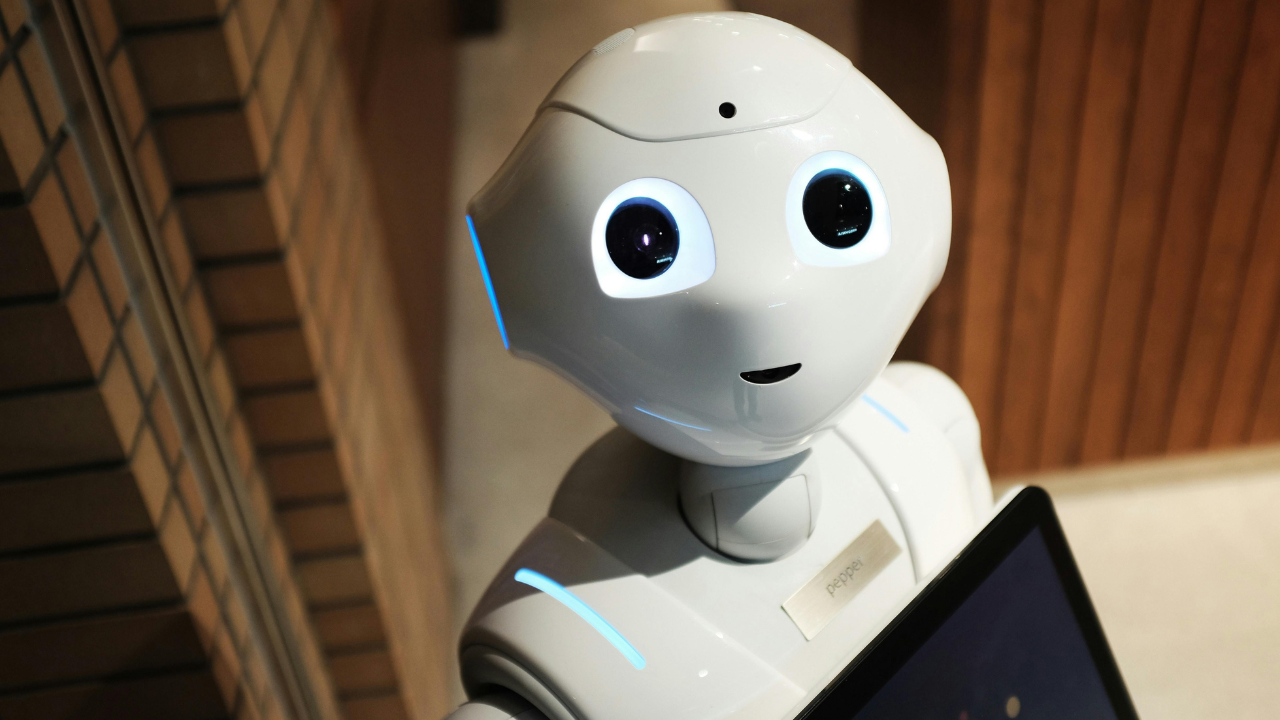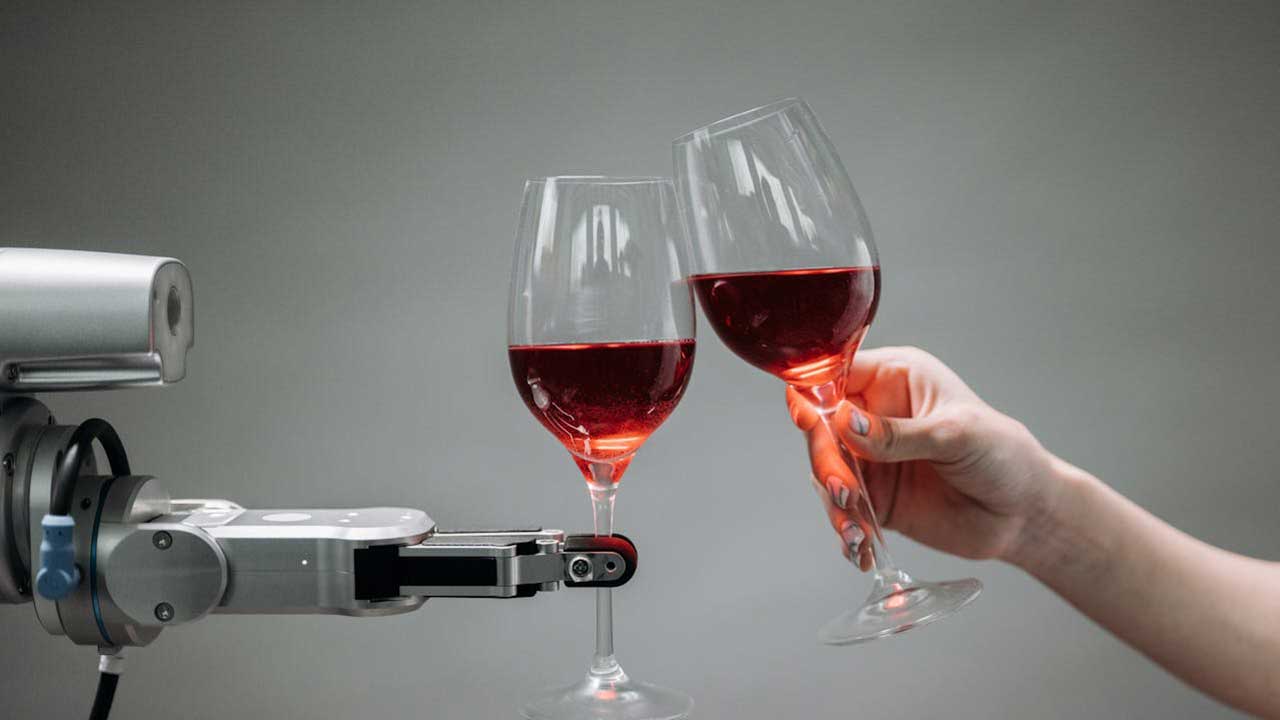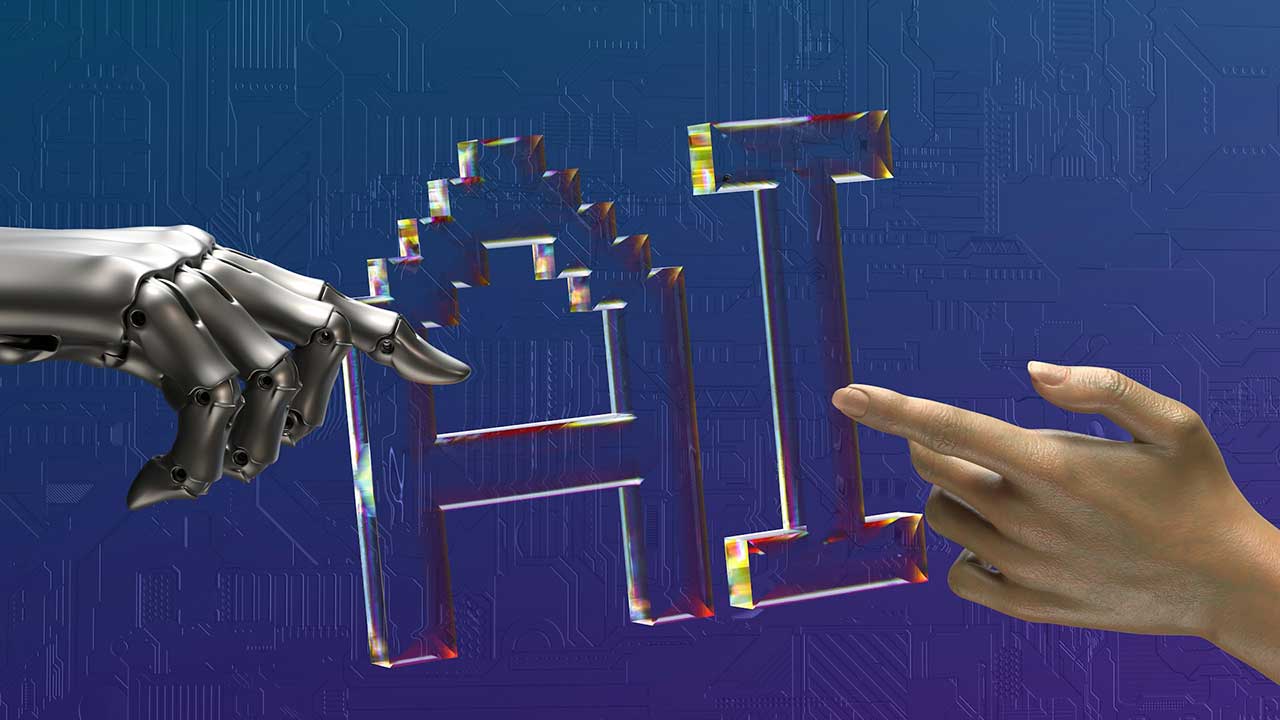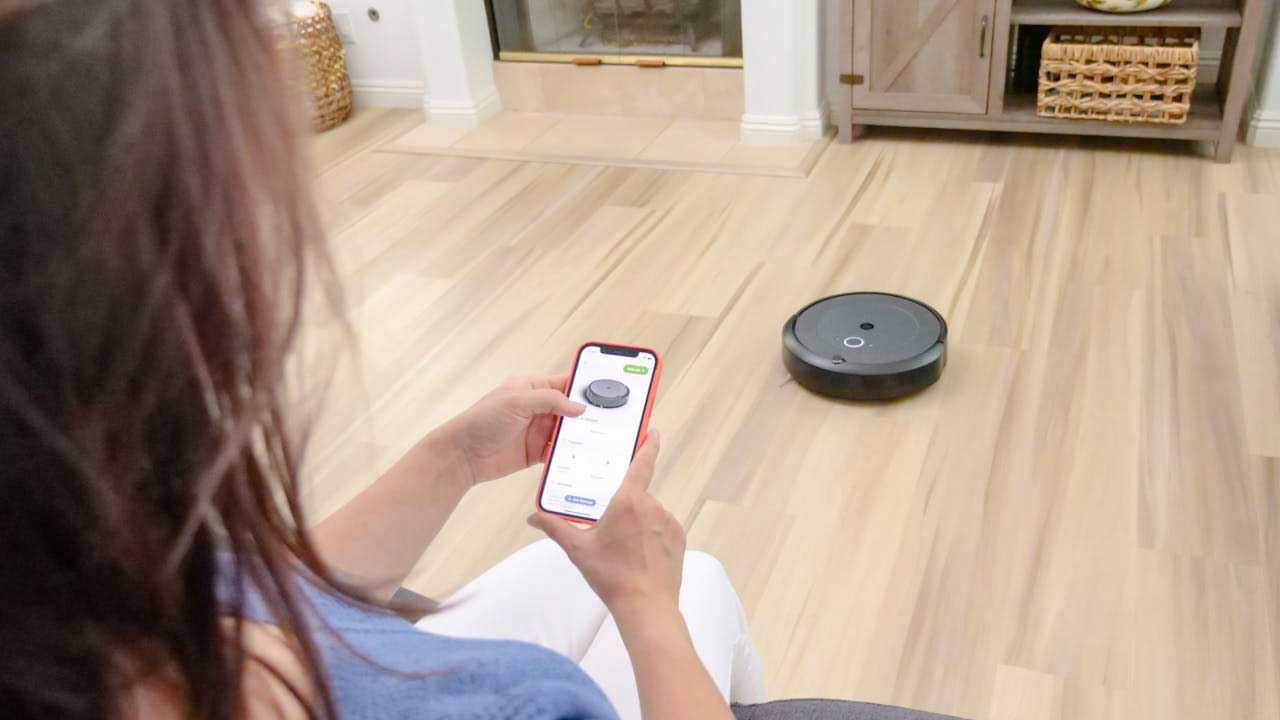
As artificial intelligence continues to evolve, it’s becoming increasingly clear that AI isn’t just a futuristic concept—it’s already helping to solve everyday problems more efficiently and accurately than humans. From streamlining tasks to making smarter decisions, AI can often outperform human capabilities in ways that enhance productivity, convenience, and overall quality of life. Here are several everyday problems that AI can solve better than humans.
Sorting and Categorizing Data

Data is constantly being generated in today’s digital world, and sorting through it manually can be a monumental task. AI excels at organizing large amounts of information quickly and accurately. Whether it’s sorting emails, categorizing files, or analyzing trends, AI can sift through data far more efficiently than humans, ensuring that relevant information is easily accessible. (Source: IBM)
Scheduling and Time Management

Managing appointments, meetings, and personal tasks can easily become overwhelming, especially with a packed calendar. AI-powered tools like virtual assistants can automate scheduling by understanding your preferences, suggesting optimal times, and even handling rescheduling when conflicts arise. This reduces the mental burden of organizing your day and prevents human error in time management. (Source: Slack)
Translating Languages

While human translators offer nuance and cultural understanding, AI-powered translation tools like Google Translate have made remarkable strides in breaking down language barriers. AI can instantly translate text and speech in real-time, making it an invaluable tool for everyday communication, whether you’re traveling, working internationally, or communicating with people who speak different languages. (Source: ScienceDirect)
Personalizing Recommendations

Shopping and entertainment choices can often feel overwhelming due to the sheer volume of options available. AI can solve this by providing personalized recommendations based on your past behavior. Whether it’s Netflix suggesting your next binge-watch or Amazon offering tailored product suggestions, AI algorithms analyze your preferences and predict what you’ll like, making decision-making easier and faster. (Source: Netflix Research)
Recognizing and Responding to Emergencies

AI is playing an increasingly important role in emergency response systems. For example, AI-powered tools can detect abnormalities in medical imaging, often identifying signs of diseases like cancer or heart conditions earlier than human doctors. Similarly, AI-driven algorithms in safety systems can predict potential hazards in industrial or public spaces, offering faster and more precise responses to emergencies than human observation alone. (Source: Nature Medicine)
Automating Customer Support

When you have an issue with a product or service, waiting on hold for customer support can be frustrating. AI-powered chatbots can address customer inquiries more efficiently, providing instant responses, troubleshooting advice, and even helping with returns or exchanges. These AI systems can handle multiple inquiries at once, significantly reducing wait times and improving overall customer satisfaction. (Source: Netguru)
Managing Finances

AI tools can also make managing your personal or business finances easier and more accurate. For instance, apps like Mint can automatically categorize spending, track income, and even offer budgeting advice based on historical data. By analyzing your spending patterns, AI can recommend ways to save money or identify areas of financial concern, offering insights that humans may miss. (Source: Mint by Intuit)
Detecting Fraud

Financial fraud is a major concern for businesses and consumers alike. AI-powered systems can detect suspicious activity and potential fraud much faster than humans can. By analyzing transaction patterns, AI can identify inconsistencies and flag potential threats in real-time. This level of monitoring and detection is far more efficient than relying on human oversight alone, providing an added layer of security. (Source: NVIDIA Blog)
Optimizing Traffic and Navigation

Driving in heavy traffic or finding the quickest route to a destination can be stressful and time-consuming. AI-powered navigation apps like Google Maps or Waze not only provide directions but also analyze live traffic data, suggesting the fastest route and even predicting travel times based on historical patterns. This dynamic ability to respond to real-time changes in traffic makes AI much more effective at optimizing your commute than human intuition. (Source: Tom’s Guide)
Enhancing Home Automation

Home automation systems powered by AI—such as smart thermostats, lights, and appliances—can create a more energy-efficient and comfortable living environment. AI learns your preferences over time, adjusting the temperature, lighting, or security settings without needing manual input. This level of personalization and automation can significantly reduce energy waste and make your home more efficient than if it were controlled by humans alone. (Source: Ecobee)
Detecting Errors in Writing

When it comes to writing, humans are prone to making typos, grammatical mistakes, and inconsistencies. AI-powered writing assistants, like Grammarly, can spot these errors almost instantly and suggest improvements. AI doesn’t just catch basic spelling and grammar mistakes—it can also evaluate the tone, clarity, and style of your writing, making it an essential tool for crafting professional, polished content more efficiently than most humans can on their own. (Source: Grammarly)
While humans still have the advantage in many areas that require creativity, emotional intelligence, and complex decision-making, AI is proving to be invaluable for solving everyday problems. From managing data and finances to personalizing recommendations and detecting fraud, AI tools are not just improving how we live—they’re making everyday tasks faster, more efficient, and more accurate. As AI continues to advance, its ability to solve more problems will only expand, making our lives increasingly easier.